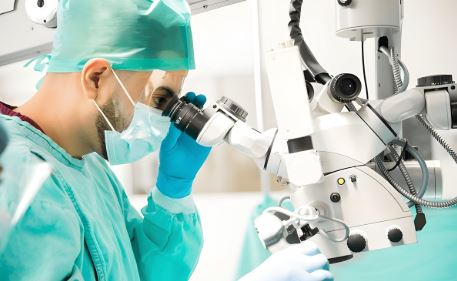Medical instruments are vital tools in the healthcare field, playing a crucial role in diagnosis, treatment, and patient care. Their importance can be summarized in several key areas:
- Diagnosis: Medical instruments are essential for diagnosing diseases and conditions. Tools like stethoscopes, sphygmomanometers, otoscopes, and imaging devices (e.g., X-rays, MRIs) allow healthcare professionals to assess a patient’s health accurately.
- Treatment: Many medical instruments are used in the treatment of various health conditions. Surgical instruments, for example, are crucial during operations, while devices like nebulizers, insulin pumps, and infusion pumps help manage chronic conditions effectively.
- Monitoring: Instruments such as pulse oximeters, ECG machines, and blood glucose monitors enable continuous or periodic monitoring of patients’ vital signs and health metrics, allowing for timely interventions when necessary.
- Surgical Procedures: In the operating room, surgical instruments are essential for conducting procedures safely and effectively. These instruments are designed for precision and control, ensuring better outcomes for patients.
- Preventive Care: Routine use of medical instruments in health screenings and check-ups allows for early detection of health issues, which can lead to better prognosis and treatment options.
- Research and Development: Medical instruments are essential in clinical research and trials, helping to develop new treatments and technologies that advance medical science and improve patient care.
- Patient Safety: The correct use of medical instruments helps minimize risks and complications during diagnostic and therapeutic procedures, enhancing overall patient safety.
- Education and Training: Medical instruments are fundamental components of training for healthcare professionals. They provide hands-on experience necessary for learning proper techniques and protocols.
- Telemedicine: With advancements in technology, many medical instruments can now be used for remote assessments, enhancing access to healthcare services for patients in remote or underserved areas.
- Innovation and Technology: Ongoing advancements in medical technology continuously improve the efficacy and versatility of medical instruments, leading to better patient outcomes and enhanced healthcare delivery.
In summary, medical instruments are indispensable in the healthcare system, significantly impacting patient outcomes, the quality of care, and the overall efficiency of health services.

